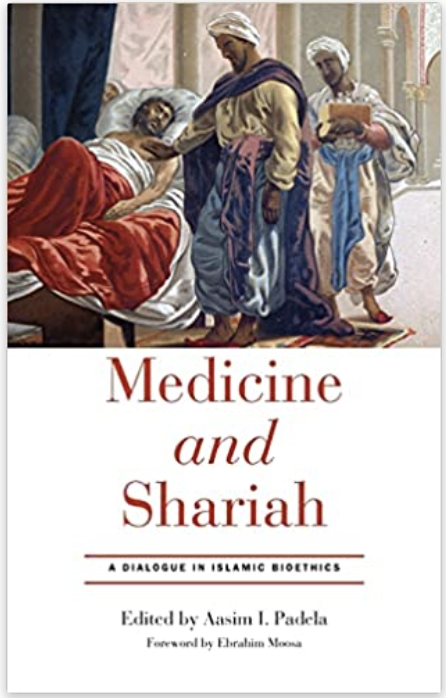Contemporary medicine has developed unprecedented treatments. One of the aims of those who engage in Islamic bioethics is to assess these developments to ensure that medical treatments that are aimed to stop or prevent harm to the human body do not cause harm to a patient’s eternal life after death by conveying Islamic norms to physicians. Therefore, Islamic bioethics requires cooperation between two often distinct sets of specialists: the ‘ufamd’ and physicians, each with different skill sets and methodologies.

